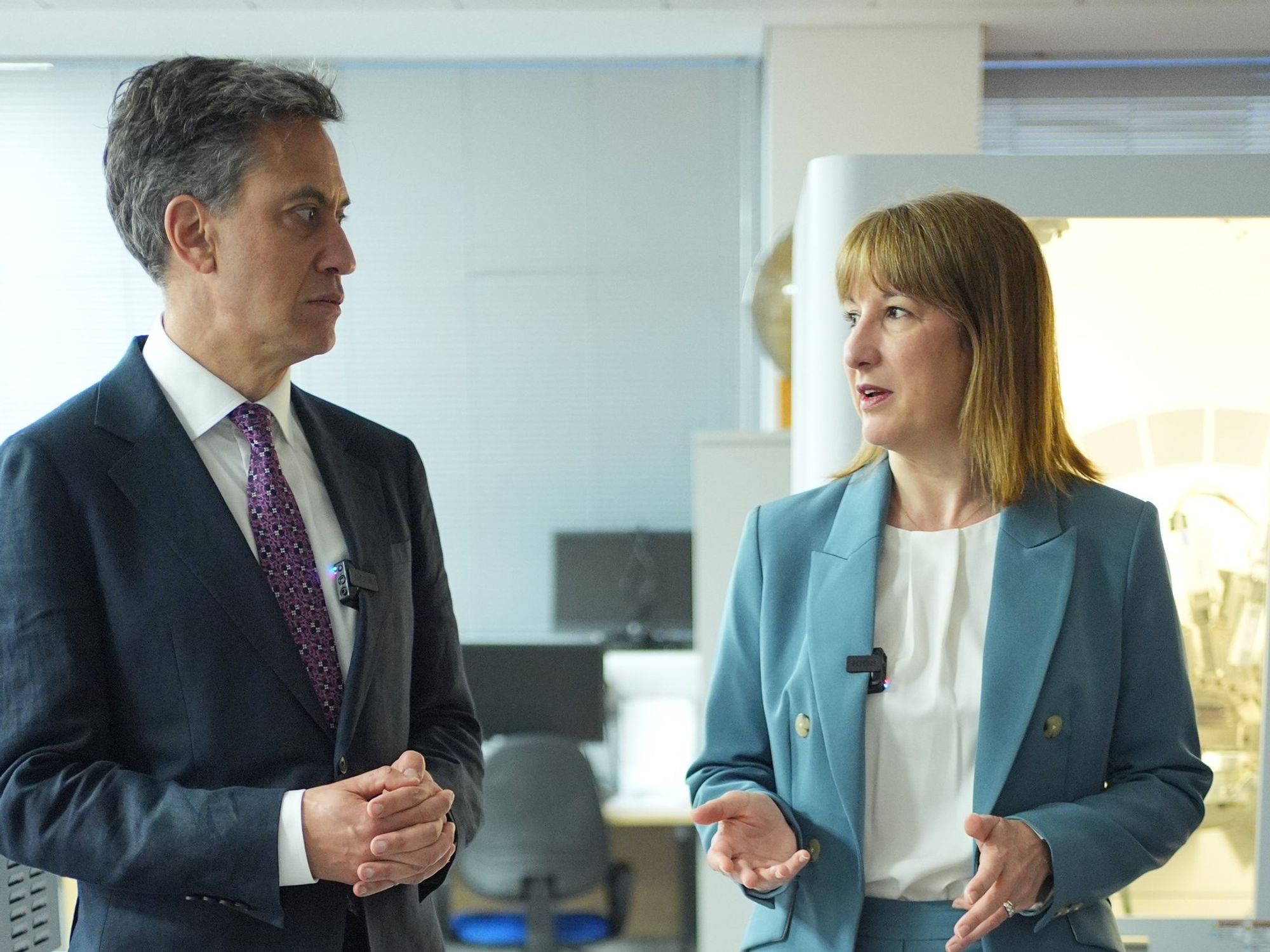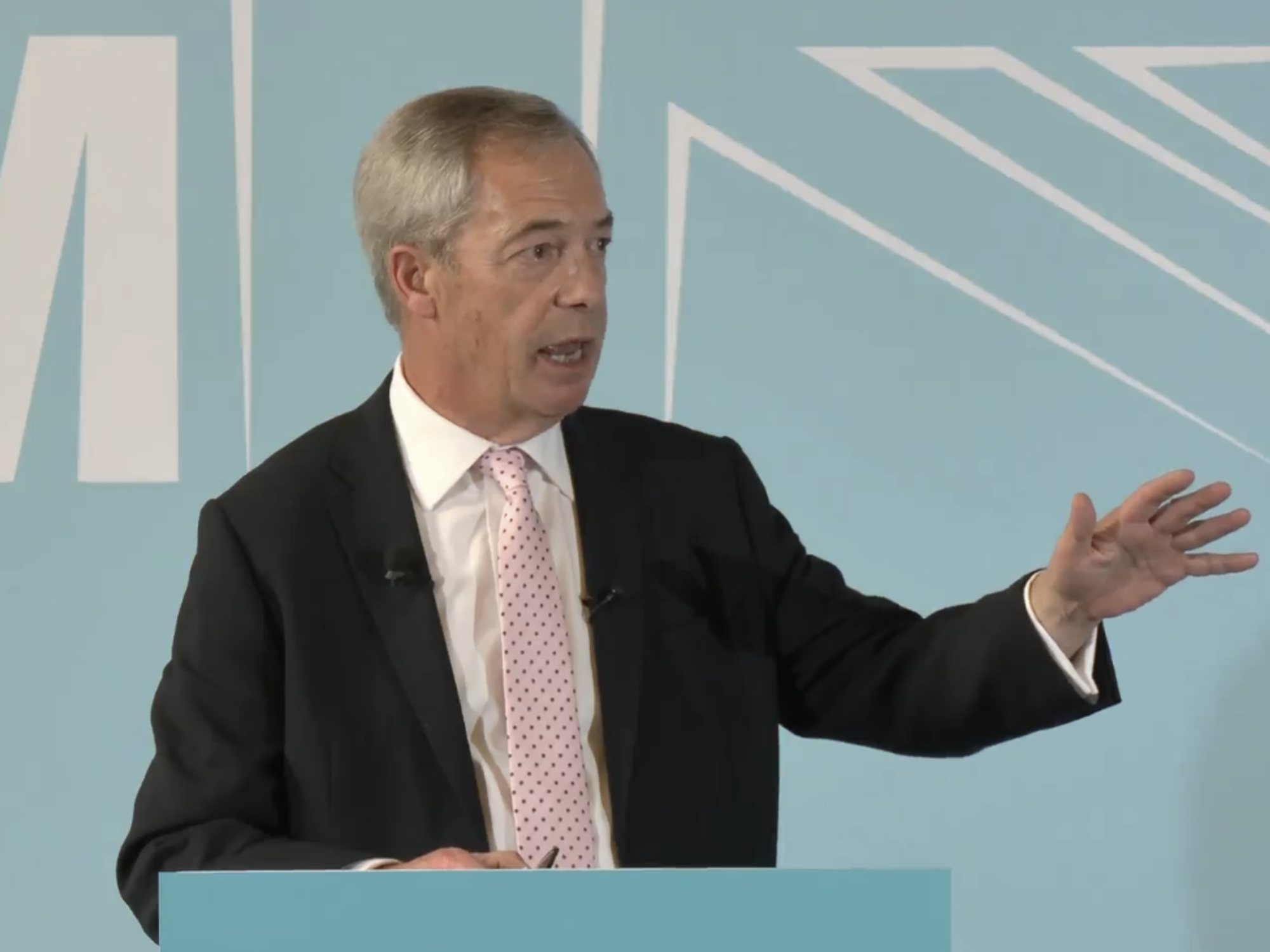Blanket 20mph speed limits and Highway Code updates could be rolled out in urban areas

A report by The Bikeability Trust and Living Streets has called for new reforms to the UK road safety strategy
Don't Miss
Most Read
Labour could be forced to introduce sweeping reforms to its road safety scheme after a new report called for revolutionary changes to Britain's roads.
It comes after a new study by The Bikeability Trust and Living Streets demanded a nationwide ban on pavement parking, mandatory cycle training in the national curriculum, and a default 20mph speed limit in urban areas.
The report also called for the retraining of police officers and driving instructors on updated Highway Code regulations.
The recommendations come ahead of the Government's upcoming Road Safety Strategy, with the charities arguing that current road safety measures have failed to protect vulnerable users, creating an urgent need for comprehensive legislative action.
Do you have a story you'd like to share? Get in touch by emailing motoring@gbnews.uk
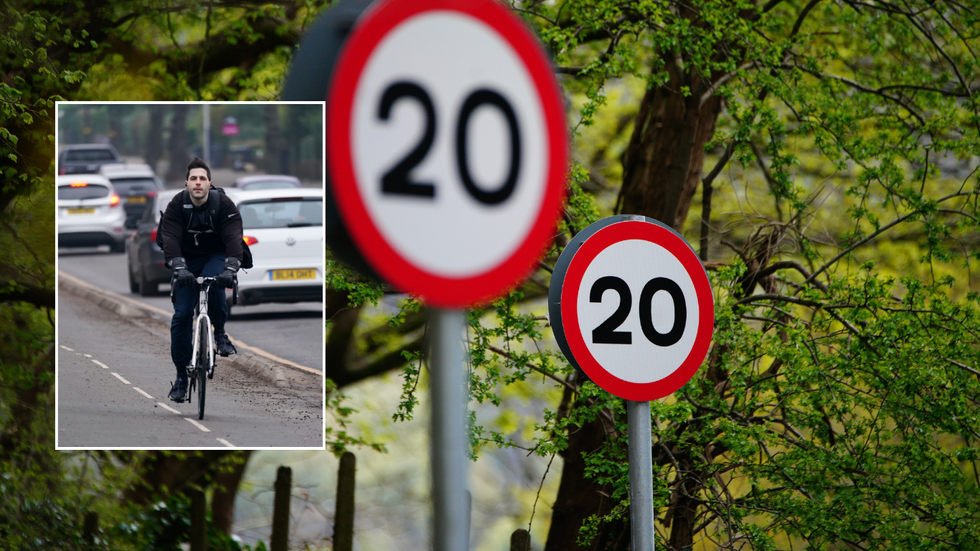
The report called for nationwide 20mph limits in urban areas in the interests of road safety
|PA/GETTY
YouGov polling commissioned for the report revealed alarming gaps in public understanding of Highway Code rules, with less than two-thirds of adults correctly answering a basic question about pedestrian priority at side road junctions.
The survey found that 31 per cent of respondents said they would cross the path of a pedestrian trying to cross a side street, rising to 38 per cent in the Midlands.
The report also warned that people who never cycle are 50 per cent less likely than cyclists to correctly answer Highway Code questions, highlighting a dangerous knowledge divide.
The charities also called for mandatory cycle awareness training for all Approved Driving Instructors and expansion of the Cycle Savvy Driving programme nationwide.
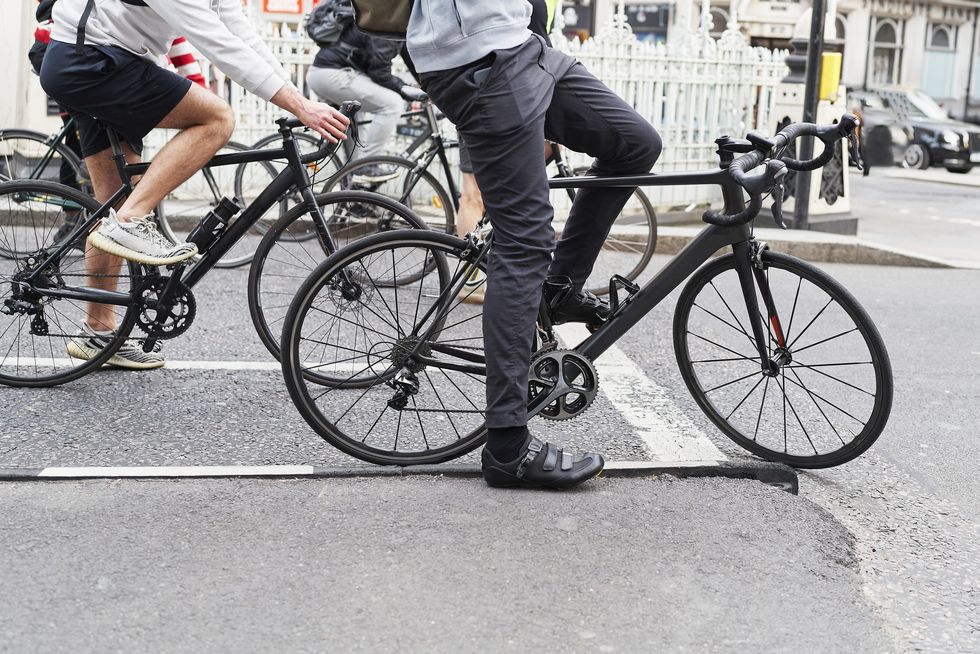
The proposals call for mandatory training in driving tests around cyclist safety
| GETTYPolice forces must also receive ongoing Highway Code training and assessment, the report stated, after evidence emerged of officers incorrectly cautioning cyclists for legal behaviour.
A national 20mph default speed limit in built-up areas forms another key recommendation, with civil enforcement powers enabling local authorities to reclaim costs from fine revenues.
Evidence submitted to the report highlighted disproportionate risks faced by vulnerable road users, with women bearing significantly higher dangers than men.
YouGov polling showed that women were 30 per cent more likely than men to admit to feeling less safe walking or cycling locally than 12 months ago, while men are nearly three times as likely as women to cycle regularly.
LATEST DEVELOPMENTS:
The increasing prevalence of SUVs is posing a growing threat to pedestrians and cyclists, with evidence showing children are eight times more likely to be killed in a collision with an SUV than with a traditional small car. SUVs and pickup trucks now account for 66 per cent of all new vehicle registrations in the UK, with Labour urged to introduce more safety measures.
Between 2009 and 2015, 82 per cent of female cyclist deaths in London involved HGVs, compared to 43 per cent of male cyclist deaths, demonstrating the gendered nature of road danger.
The charities recommend that 10 per cent of all transport spending should be allocated to walking and cycling infrastructure, with a minimum of £35 per person annually for active travel projects.
This recommendation was supported by stark regional disparities in safety outcomes, with London residents reporting significantly better conditions than the national average.
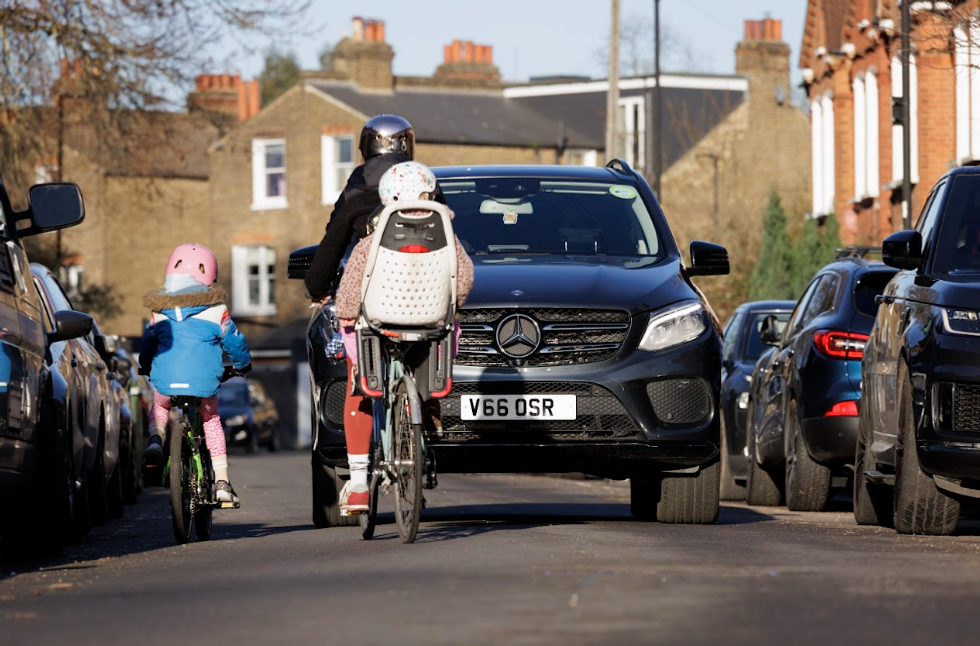
The report urged Labour to address the growing number of SUVs on UK roads
| CRISPIN HUGHES / CLEAN CITIESYouGov polling showed that 22 per cent of Londoners viewed roads near them as safer now than 12 months ago, nearly three times higher than the national average of eight per cent.
This improvement correlates directly with higher per-capita spending on active travel infrastructure, at £24 in London compared to £10 nationally.
Urban residents were found to be 10 times more likely than those in towns and suburban areas to report improved walking and cycling safety over the past year, highlighting the need for nationwide investment to address regional inequalities.
The report added: "Every day, people navigate our roads and streets in different ways, often shifting between modes of transport depending on their needs and circumstances. This report seeks to recognise our shared interest in safer streets, regardless of how we travel."






